In my last post, I discussed some easy ways to set up a positive and supportive writing environment. Once you’ve established the tone of your Writing Workshop, there are 3 more adjustments that can make a huge impact in your students’ growth. You’ve laid the foundation, now it’s time to boost your workshop!
Choices
If you want to see an increase in student engagement and better focus during writing time, give your students more freedom to choose what works best for them.
There are lots of ways to build in more choices, but here are my favorites:
1. Writing Utensils
I’m still surprised by how many teachers require students to write in pencil. Why do students need to use pencils? Not only are they a distraction with the constant sharpening and erasing, but they also promote a perfectionism that can slow learning. I encourage my students to use pens in all subject areas. Pens are great because you can simply cross out a mistake and move on, leaving a little clue of your learning behind. I want to see where my students made changes!
My students always have pens in their supply boxes, but to add to the novelty, I provide tubs of colorful roller ball pens that students can ONLY use during writing time. I encourage students to write their first draft in one color, make revisions in a different color, and do their editing in a third color.
2. Work Space
Where do you do your best work? I’ve never worked well at a desk. In fact, right now, I’m sitting cross-legged on the sofa with the computer in my lap. Kids have unique tastes in their work spots, too! I encourage my students to find Smart Spots that (a) help them focus (b) are comfortable and (c) help them do their best writing. We discuss the importance of choosing a safe place (not on top of the bookshelf) and on choosing a place free of distractions (not next to your friend you want to talk to). I find that many students will still choose to sit at their own desk or a table to write, some spread out on the floor, and some like to stand.
One student who always cringed when we began writing time, chose to sit under my teacher’s desk. For whatever reason, this spot worked for him. He began writing more than ever and seemed to look forward to Writing Workshop!
3. Writing Topic or Project
Although I often expect my students to try out a new skill (such as using strong verbs or adding an interesting lead) the same day of that lesson, I allow the students as much freedom as possible in choosing their topic or project. For example, during a fiction unit, students could choose to write a personal narrative or fantasy fiction. As we learned about nonfiction writing, students could choose between a “how-to” text and an “all about” text.
Even if you really want all the students working on a certain project, such as an autobiography, you can still work in some choices. Maybe students can choose to write their autobiography on notebook paper or in a booklet. Maybe students can choose write a 3 part biography or a 4 part biography. Any choice you offer helps empower and motivate your students!
Differentiation
Imagine for a moment that you signed up for a fitness training camp. On the first day, you see that there are body builders, marathon runners, and Cross Fit junkies in your class. There are also new moms, elderly women, and those who have never been to a fitness class before. What would happen if the instructor expected the same outcome of all there? If the camp was too easy, the super athletes would get bored and not want to return. If the camp was too hard, the less fit would leave with injuries and not want to return. The same thing applies to your classroom during writing time.
So how can you differentiate during writing? Do you have to teach 5 different lessons??? No! I teach only one mini-lesson to the whole group, but there are lots of easy ways to build in differentiation during Writing Workshop.
1. Small Groups
One easy way to provide support to all students is to build in some time for small group writing lessons. I typically do only a few each week, with only 3 – 5 students in the group. For example, if I notice a group of students are struggling with generating ideas for their next writing piece, I might gather them in a small group for quick strategy lesson. If I see the same 5 students continually forgetting punctuation, there’s another opportunity for a quick lesson. Sometimes, I simply set up shop at my table and announce that anyone who wants help with _____ (transition words, interesting leads, punctuation, etc.) is welcome to stop by.
2. Writing Conferences
Writing conferences are the most powerful way to differentiate instruction and excel writing growth! They can be a little tricky at first, but with practice you can hold a targeted discussion with a student in under 5 minutes. My next post will give some tips and tricks for mastering the Writing Conference!
3. Personalized Rubrics or Goals
Many teachers feel that personalized rubrics are unfair because all students should be held to the same standard of mastery. I agree that when it comes to grading work, students should be assessed on a level playing field. But during the learning process, I find that setting manageable goals and creating rubrics that address specific needs, can help kids progress much more quickly.
There are many ways to provide this kind of support. You can set individual goals with students during writing conferences or small groups. You can use the same rubric for the whole class, but for certain students remove categories that aren’t as important to their growth. The idea is to select short term goals so that students who are struggling don’t become overwhelmed and give up.
Meaningful Purpose
Nothing is more motivating to kids (or adults) than having a real, meaningful purpose. When kids have a real mission, they are less likely to focus on all the “small things” they don’t want to do. Whenever possible, connect student writing to a larger purpose or project! If you’re working on persuasive writing, choose a topic that matters to students and have them write real letters that will be mailed. If you’re working on fiction, have the students turn their work into a class book that is kept in the school library. How-to books can be written for younger grades, biographies can be written to trade with other classes in the grade level, and personal narratives can be written as gifts to important people in your students’ lives. Look for ways to make the purpose of writing go beyond a grade.
I like to provide booklets where students can turn their writing into a “published book” that is then kept in our classroom library for others to read. The kids LOVE making these texts and are much more motivated to meet high standards when they know others will see their work. These little books are also great for Reading Response!
If you’re looking for some help launching a Writing Workshop in your classroom, I’ve just created a unit called Launching Writing Workshop. The unit includes detailed lesson plans, posters, fold-ups, rubrics, and more to help you launch a successful and effective Writing Workshop. Once you taught the routine and set the tone, your students will be primed and ready to have an awesome year of writing growth!
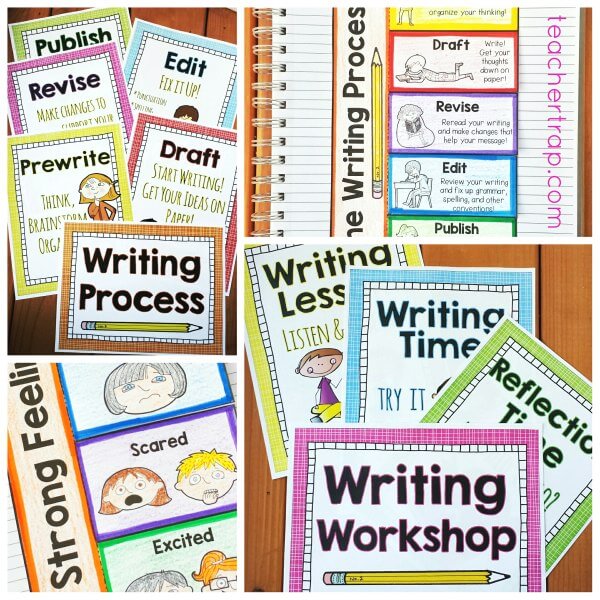
Good luck to all you writing teachers out there! 🙂





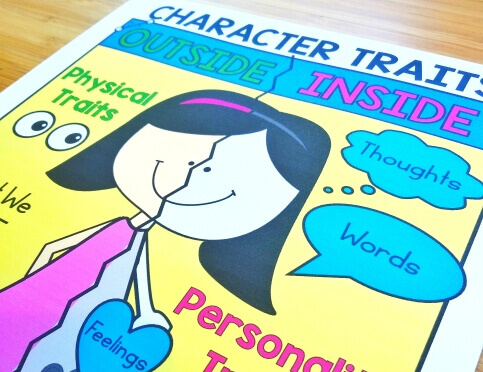
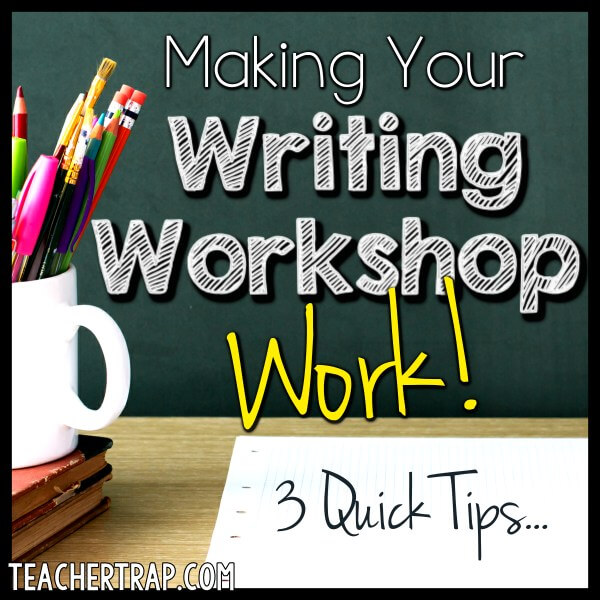





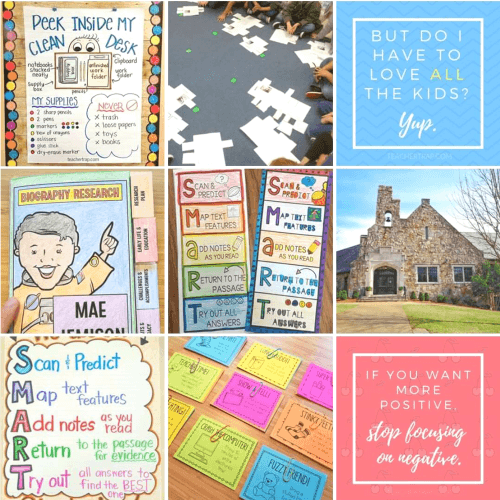
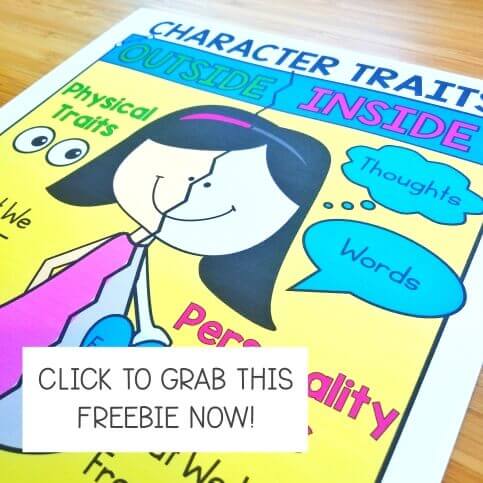
Thanks –
I just “ran into” your resources while thinking about how to creatively finish my first year of teaching 3rd grade – of course virtually… cause why would we do it any differently! (insert eye’s rolling!). I am enjoying discovering your talent and ideas. Thank you for sharing them!
I’m especially looking forward to using the Writers Workshop unit. I haven’t been very good at teaching my students about writing this year – cause – virtual… so we’re gonna attack it! Thank you for making this available.